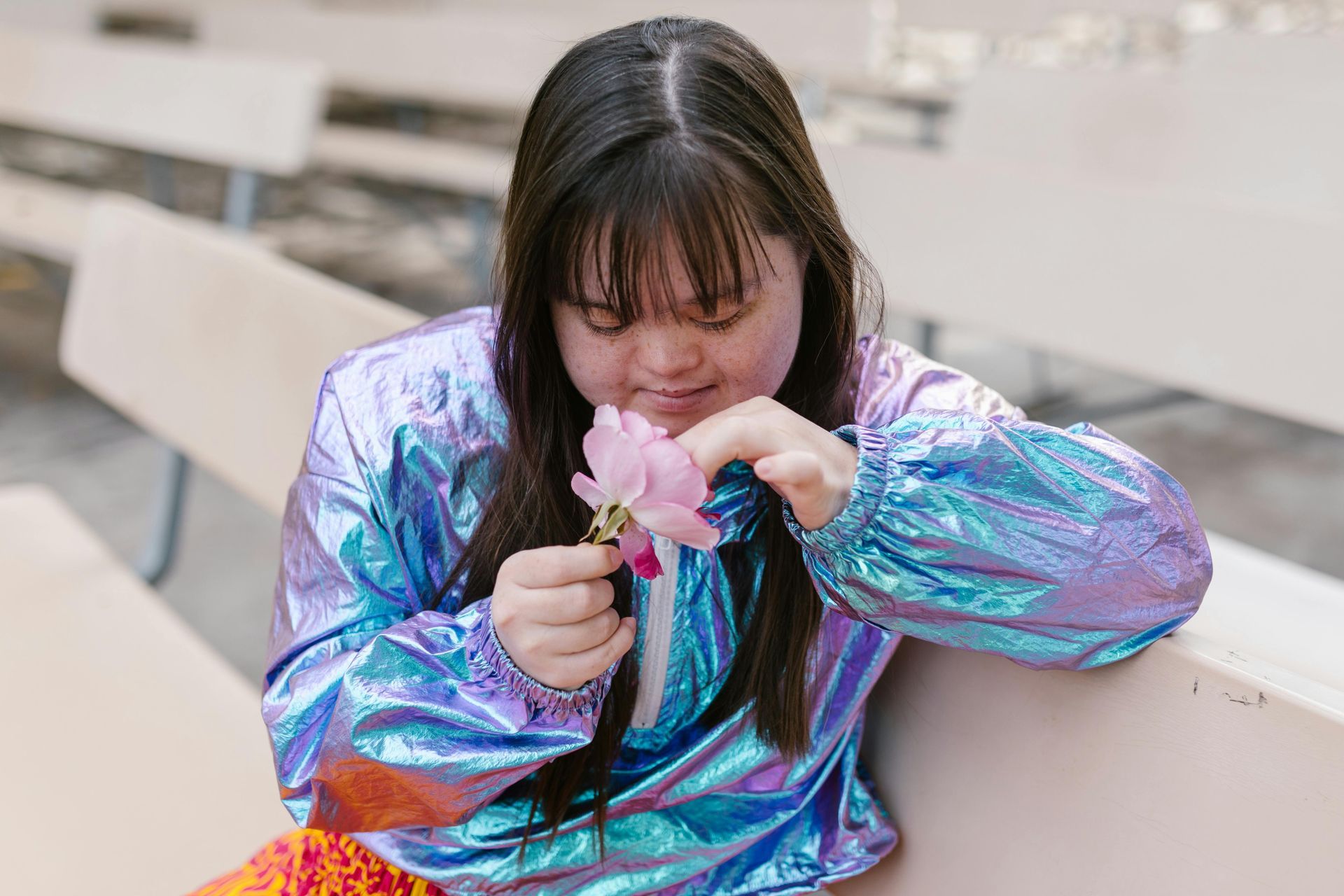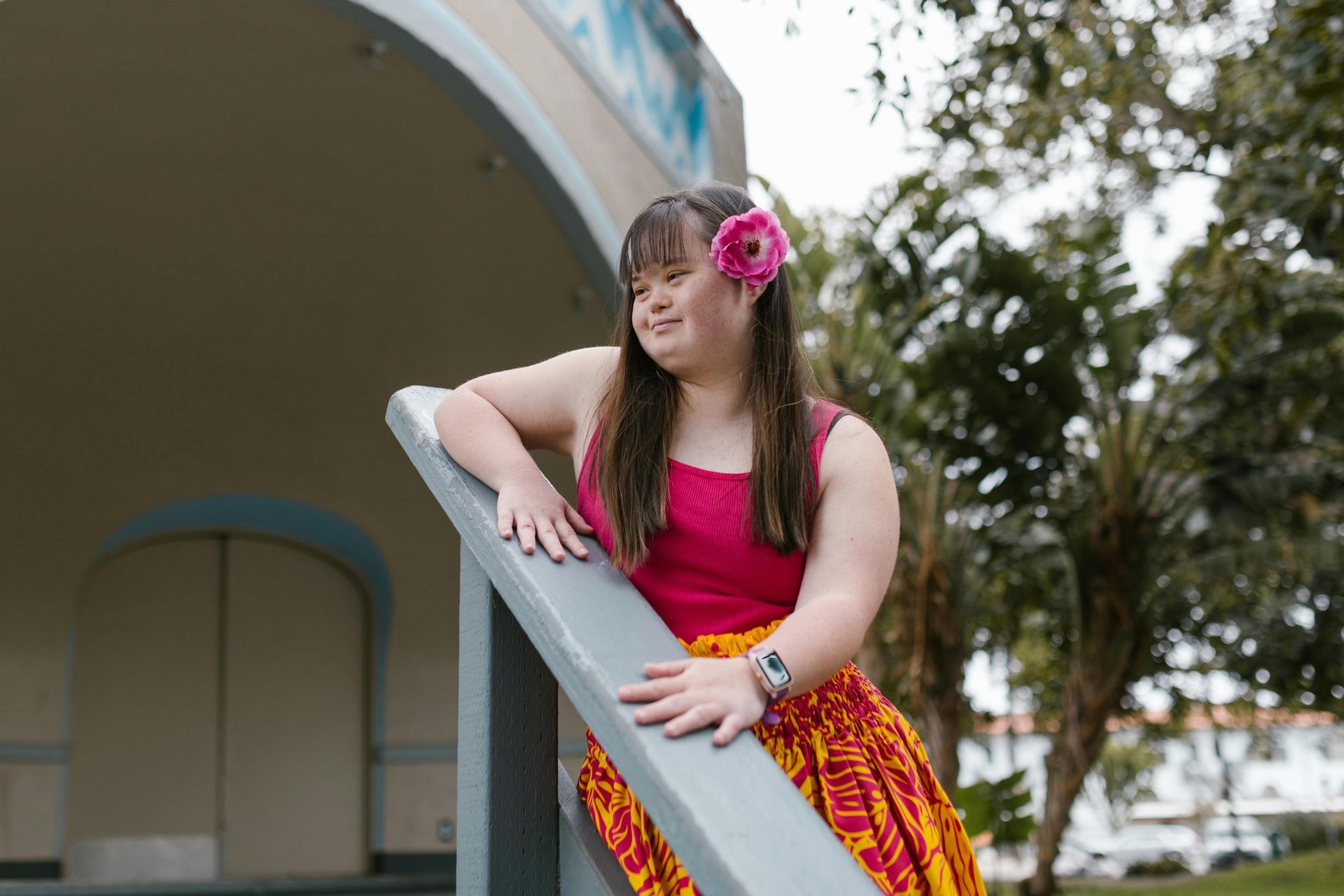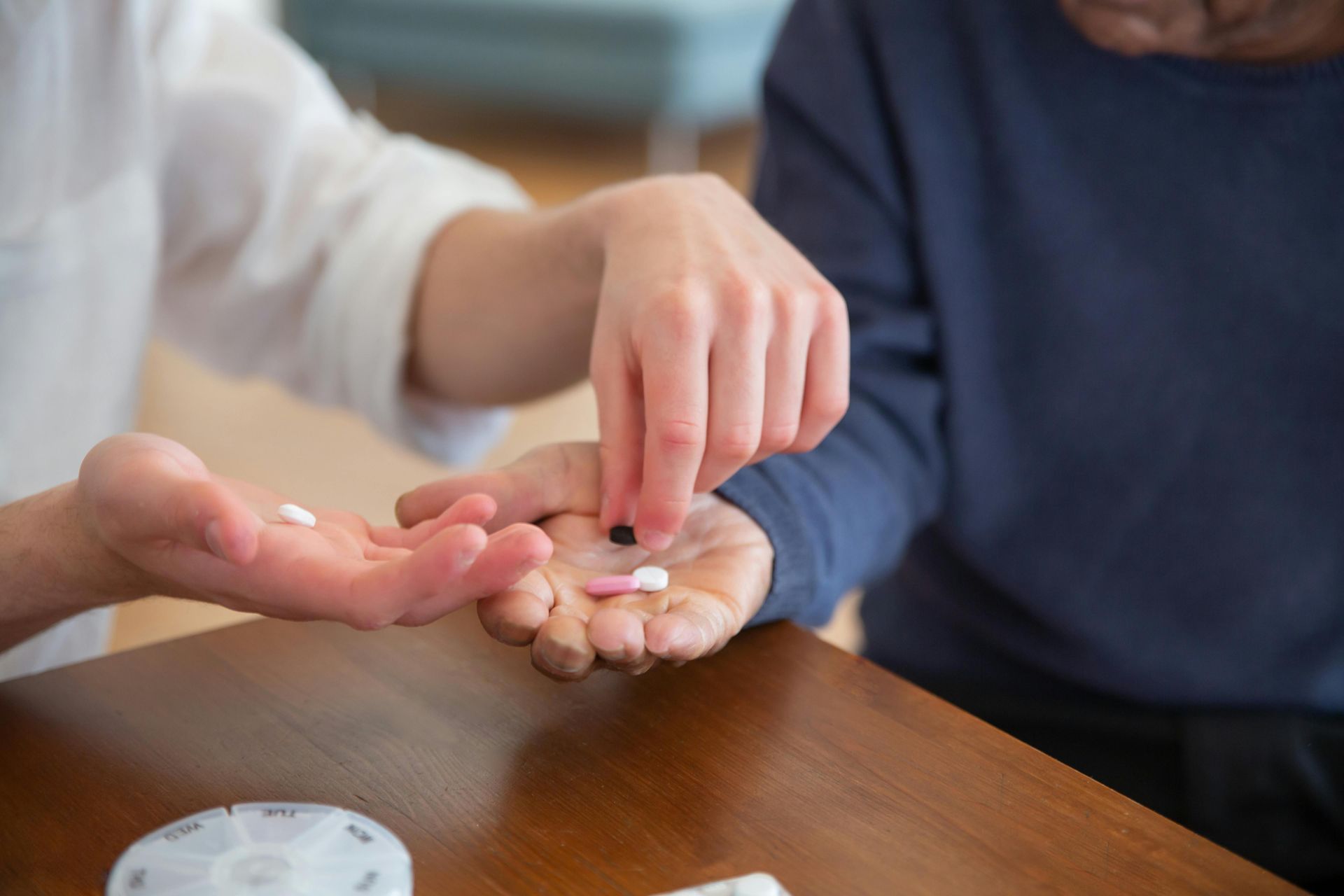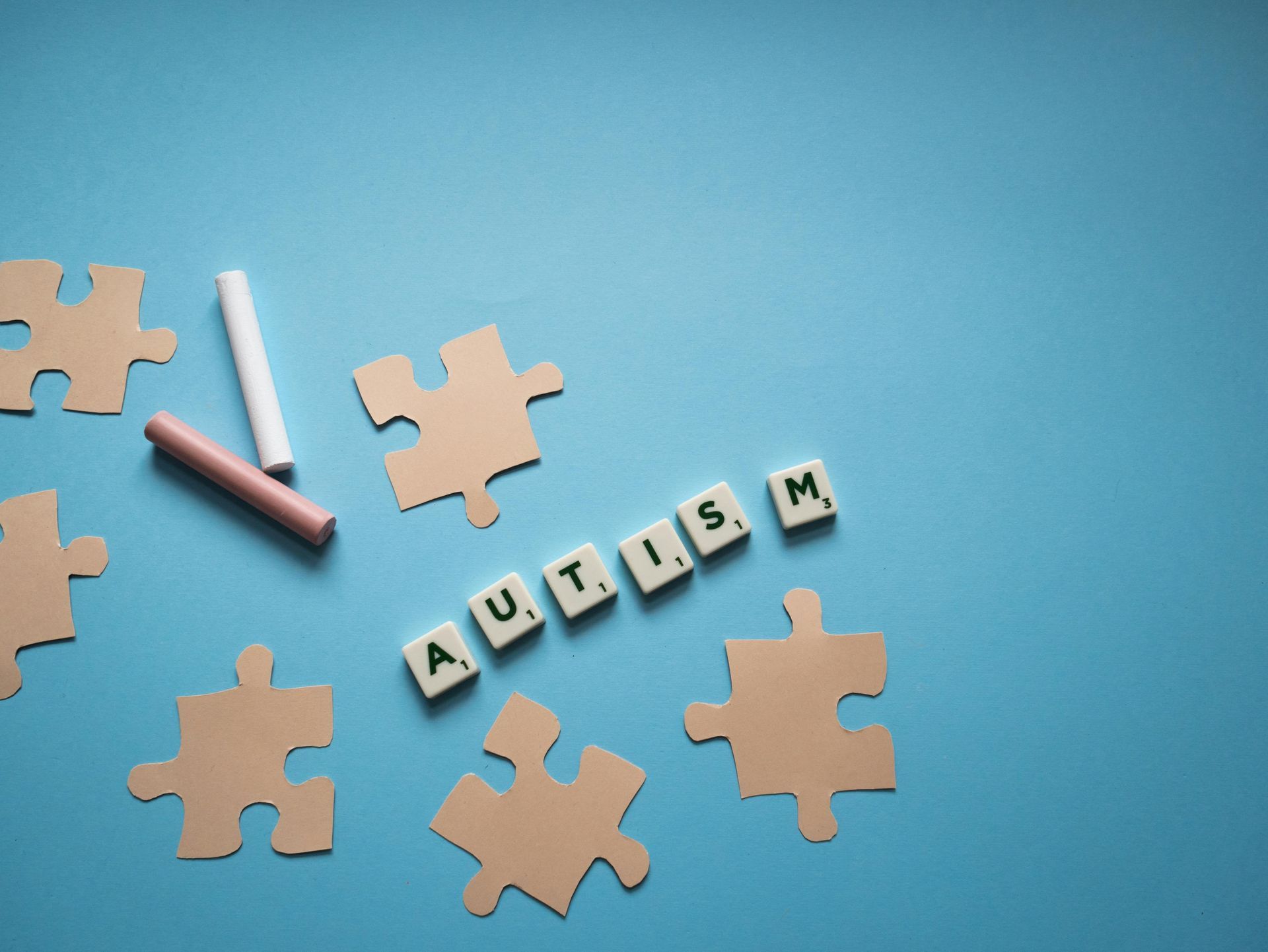From Stigma to Support: Developmental Disability Progress
Over the past century, our understanding of developmental disabilities has evolved in remarkable ways. What was once a subject surrounded by stigma and misunderstanding is now recognized as a vital part of the broader conversation about inclusion, accessibility, and human rights.
In the early decades of the 20th century, individuals with developmental disabilities were often institutionalized and excluded from mainstream society. Care options were limited, and education about neurodevelopmental conditions was virtually nonexistent. The lack of awareness led to deep-rooted misconceptions and limited opportunities for those affected.
Today, the landscape looks vastly different. Advances in science, policy, and advocacy have reshaped how society views and supports people with developmental disabilities. Early intervention programs, individualized education plans (IEPs), inclusive employment initiatives, and person-centered care models are now standard in many communities.
Equally important is the growing recognition that developmental disabilities are not barriers to success or fulfillment. With the right support and community engagement, individuals can thrive — academically, socially, and professionally. Families and caregivers are now seen as vital partners in the continuum of care, and technology has opened new doors to communication, therapy, and independent living.
While challenges remain — from ensuring equitable access to services to eliminating remaining stigmas — the progress achieved is a testament to the power of compassion, advocacy, and collaboration.
Join the movement toward inclusive, compassionate care in your community. Visit
www.globalhandsinc.com
to learn how you can support meaningful change.
#DevelopmentalDisabilities #InclusionMatters #DisabilityAwareness #PersonCenteredCare #CommunitySupport #Empowerment #Neurodiversity #MarylandCare










